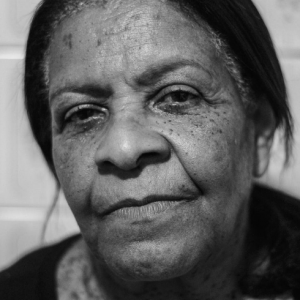Flying Solo: For Those Who Are Aging Alone

Flying Solo: For Those Who Are Aging Alone
February 5, 2020
It’s hard enough facing some of the challenges of getting older. Now imagine facing those challenges without loved ones or supportive family members to offer a helping hand. For millions of Americans, they don’t have to imagine, because that’s their reality. According to the Merck Manual, 30% of the 46 million Americans over 65 are alone in the community, and of these, 75% are women. While there are support groups and advocates who work to educate and help solo seniors, there’s little doubt that many seniors who have no kin are at greater risk for conditions such as loneliness and isolation, poverty and self-neglect. For those alone who are diagnosed with diseases like dementia, the challenges may be even tougher: they must anticipate, strategize and plan in advance to compensate for future deficits for which they may have little support.
One demographic trend involving solo seniors is particularly worrisome. It turns out that African-American women face the reality of being older and alone more than other demographic groups. And because so much of our long term care “system” lacks formal supports, and thus relies on the unpaid participation of family members, those without family as they grow older are at special risk, and the data show that Black women in particular fall into this category. In fact, it’s been estimated that by 2060, 1.6 million older Black women will be living without any kin to provide support. Given that aging alone elevates the risks to your health and is more expensive than aging with a loved one, much more needs to be done to address the plight of Black women who face a lonely senior status (on top of the stressors that typically afflict them during their lifetimes).
For those who have money, moving to an area where there are higher percentages of solo seniors might be an attractive option. Yahoo Finance recently published a list of the best places for single older men and women to retire to, as a way to find “kinship” when you otherwise have none. But not all have the means to relocate and thus far too many of us may worry, as Medium writer Maggie Lupin recently voiced, “Who Will Care For Me When I’m Old?”







